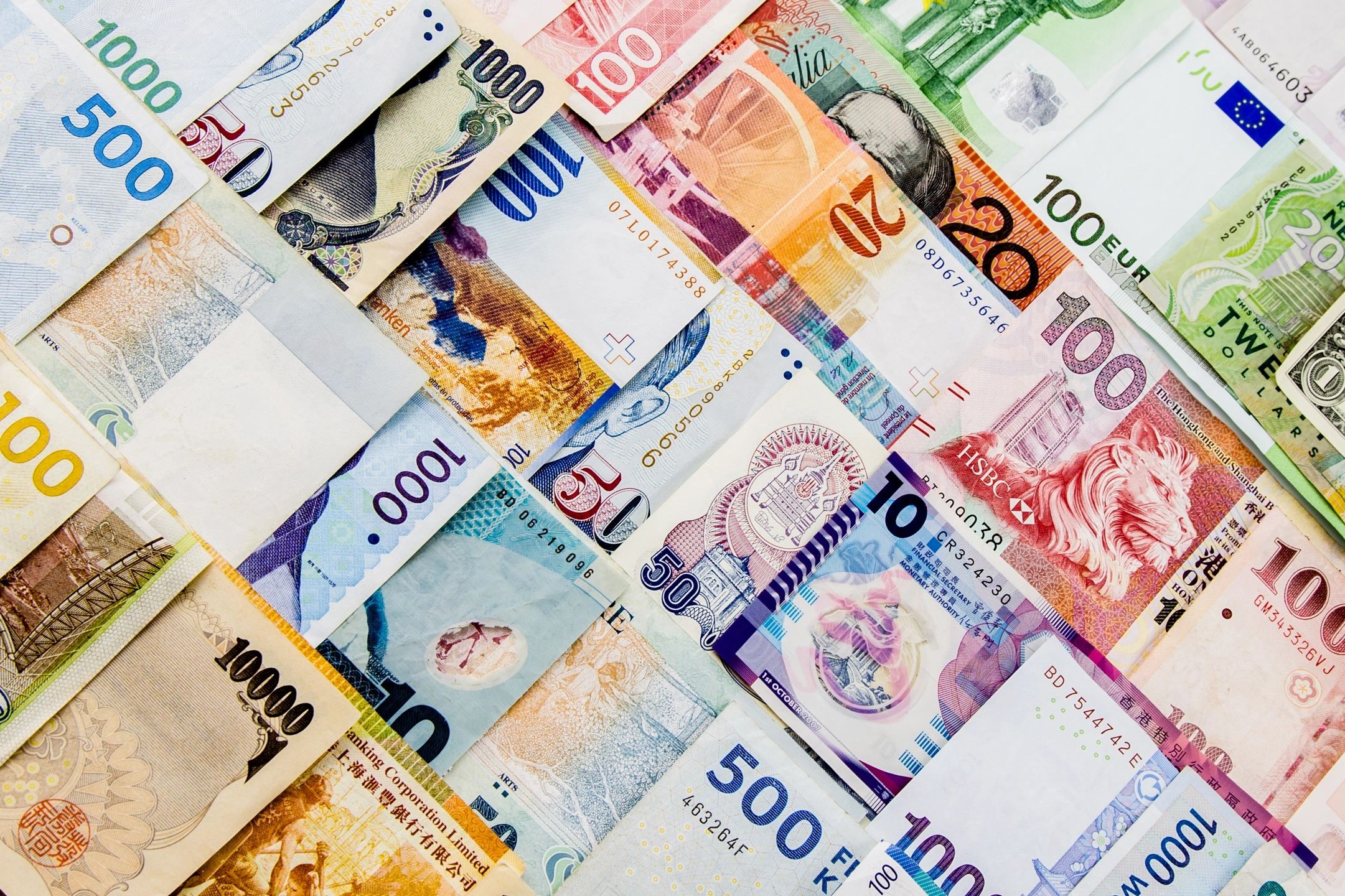In the financial world, as in life, there are times when one is required to parse the tangled web of global events and attempt to decipher their collective impact on our fragile markets. This week is no exception. The distinct threads of negotiation deadlock in Washington, a faltering Chinese economy, surprise inflation figures from the UK, and hints of a looming US recession, among other pressures, are threatening to knot into an impenetrable Gordian knot, which neither the sword of Alexander nor the scalpel of Janet Yellen could swiftly untangle.
The impasse on the US debt ceiling talks is symptomatic of the broader political morass we find ourselves in. In an era of unseemly brinkmanship, we see Washington once more courting disaster, as talks over the debt limit teeter on the edge of collapse. The Republicans, in their perennial demand for spending cuts, are accused of a lack of urgency by the Democrats, while Kevin McCarthy is fingered as a figurehead for inflexibility. With Treasury Secretary Janet Yellen’s warning that the Treasury may be out of cash by June, one cannot help but wonder if this game of fiscal chicken may soon run its catastrophic course.
Such fears seem to be resonating with the equities market. The lull that followed weeks of relative indifference has dissipated, giving way to an increasingly skittish S&P 500. In the face of the debt-ceiling debacle and the mere hint of a US default, the index has taken a downward turn, as have futures. Treasuries too have not been immune to this uncertain breeze, causing those of us with a skeptical eye on the markets to ponder the consequences of a potential default.
A US recession, warns Bloomberg Economics Chief Economist Anna Wong, could be one such consequence. The mere thought is enough to make even the most hardened investors break out in a cold sweat. The specter of widespread job losses, increased consumer borrowing costs, and an electoral year laden with financial doom, looms ominously. Yet, despite the palpable dread, the spirit of compromise appears to be in short supply in the nation’s capital.
While America contemplates self-inflicted wounds, the Old World fares no better. Europe is grappling with its own set of challenges. UK inflation rates, beating all predictions, are stoking fears of more interest rate hikes. Simultaneously, European stocks are experiencing their most significant loss in two months. Luxury stocks, real estate, and carmakers are all on a downward slide. Notably, LVMH and Gucci owner Kering SA have seen their shares fall by 2%, an unwelcome stat for those with a vested interest in high fashion. The Stoxx 600 Index too did not escape the trend, reporting its most significant intraday loss since March 24.
Concurrently, mainland Chinese shares, having erased this year’s gains, are adding to global market gloom. With the recent wave of Covid threatening to derail its economic recovery, and in the face of Beijing’s ban on purchasing products from Micron Technology Inc., China’s market blues are reflected in the falling prices of copper and a slump in its benchmark stock index, the CSI 300.
With the global economy showing signs of contraction, one might expect interest rates to follow suit. But as often is the case with the arcane world of central banking, things rarely align with the uninitiated’s logic. The Bank of England, seemingly undeterred by the inflation surge, is expected to continue its interest rate hiking spree, with money markets pricing in a peak BOE rate as high as 5.5%.
Across the pond, market watchers will be keenly anticipating the minutes from the Federal Reserve’s May meeting. With the 10-year Treasury yield taking a downward turn, there is a growing anticipation around whether the Fed will maintain the status quo on interest rates at its upcoming meeting.
But, as the wheel of the global economy creaks and groans under these multifarious strains, a few brave souls are already contemplating potential lifelines. A group of moderate House Democrats, for instance, stands ready to throw their support behind McCarthy in the unlikely event of a bipartisan debt-limit deal. While this gesture might be of little consolation to the GOP leader, it serves as a poignant reminder that, in these turbulent times, unexpected alliances may be our best hope for economic salvation.
As we look ahead to this week’s significant events – Fed minutes, UK jobless claims, GDP figures, and key interest rate decisions across the globe – we are reminded that the world of finance is one of ever-evolving dynamics, where today’s predictions may be tomorrow’s punchlines. Amid this torrent of uncertainty, one thing remains crystal clear: in the high-stakes game of global finance, the house doesn’t always win.
And now, for a recap of the main market moves this week:
In equities, the S&P 500, Nasdaq, Dow Jones, and Stoxx Europe 600 all report losses, reflecting the increasingly volatile atmosphere in the stock markets. In the currency world, the euro enjoys a slight increase against the dollar, while the British pound and the Japanese yen remain relatively stable. Cryptocurrencies continue their bearish trend, with both Bitcoin and Ether showing significant decreases. In the bond market, the yields on 10-year Treasuries, Germany’s 10-year yield, and Britain’s 10-year yield all move in interesting directions – the US and Germany seeing declines, while Britain experiences a rise. Lastly, in commodities, West Texas Intermediate crude enjoys an uptick, while gold futures also rise.



